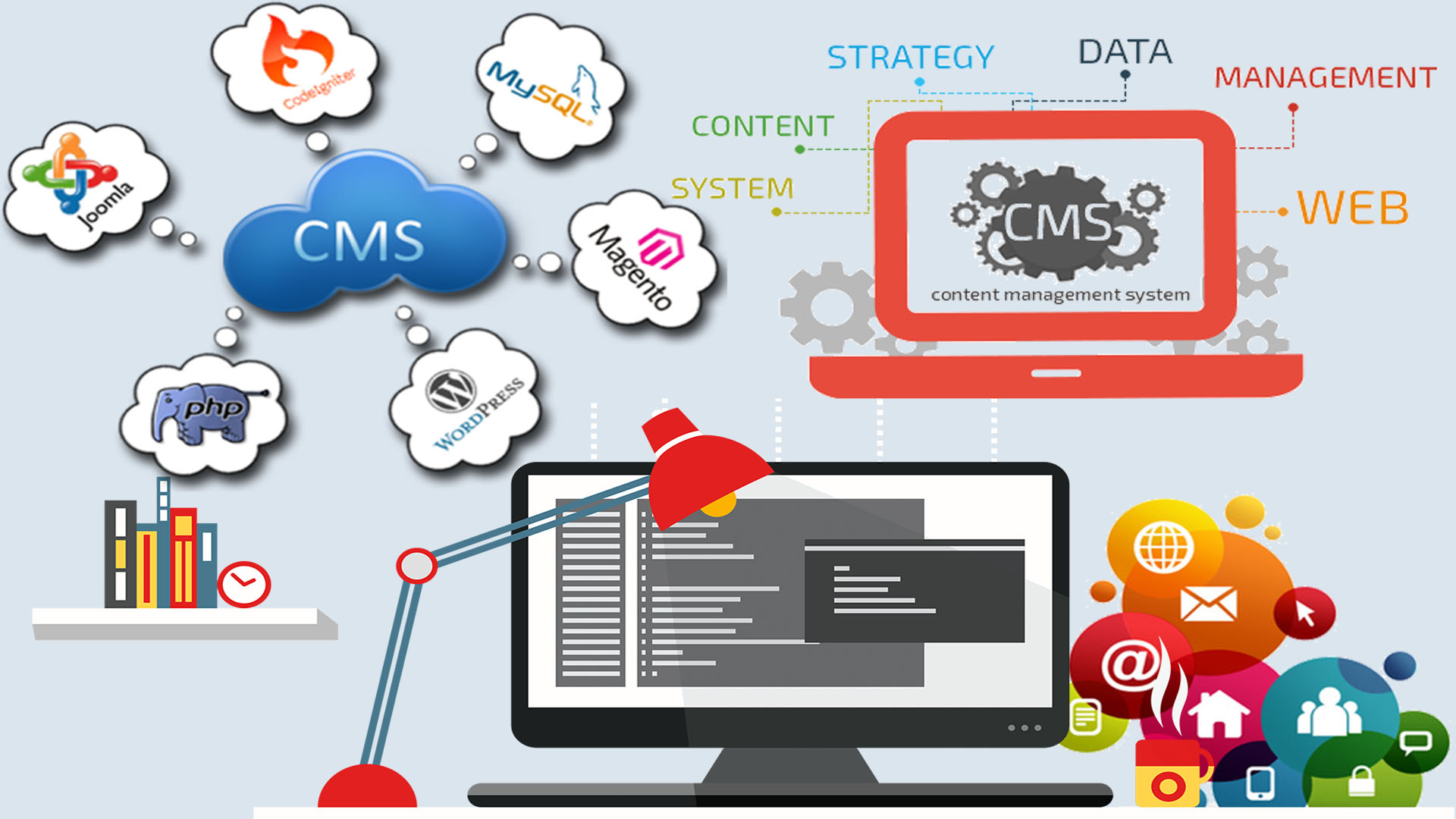
- #What is content management system examples update
- #What is content management system examples professional
Knowledge management is important because it supports the constant sharing of data across all users within a business or organization and emphasizes the importance of learning. Why is knowledge management important in the workplace? The acknowledgment that information and content are always changing to function best for the organization and remain of substantial value to members. The final stage in the evolution of knowledge management is the awareness of knowledge management as core to integral development. The content needs to be put to use and analyzed to have real value, and the organization of it needs to be available to entire departments, businesses and corporations. The willful sharing and trading of information led to the need to access it easily. The human component of knowledge and information transfer was recognized, harnessed and implemented as central to knowledge management.
#What is content management system examples professional
Human resource developmentīy recognizing that individuals could learn from each other and that this process could positively impact the corporate culture, knowledge management evolved further to become a means of professional development. It was a method to harness the experience of others to use for the greater good. Information managementĭriven initially by information technology and by the recognition of knowledge and information as capital that can lead to growth and improvement, knowledge management is a base of sharing of information. The basic stages of knowledge management are as follows : 1. By the early 1990s, knowledge management had been coined and was launched at a Boston conference.

While building tools and utilizing techniques, such as dashboards and other systems, to manage their own information, they recognized that a new product - beneficial to other organizations as well - had been created. During the late 1980s, management consulting organizations quickly evaluated and realized the potential in intranet as the internet gained popularity and exposure. The contemporary term of knowledge management first arose within the management community and then matured into what we see today. Groupware systems facilitate collaboration between employees by enabling them to share information on calendars or relay messages in real-time. They provide a primary source of instant information by doing the scanning for employees and alleviating the stress of having to search a CMS or document system. Chatbots use machine learning to offer employees answers to natural-language posed questions. ChatbotsĪ chatbot is a computer program created to work without a human operator and which enables interaction between humans and machines. This form of knowledge management can make information easy to discover and access for users. Document management systemsĭocument management systems enable users to store, share, tag and sometimes alter documents based on access permissions.

Content management systemsĬontent management systems (CMSs) allow groups to create, access, publish, edit and share information on a restricted or private communication network, an intranet. Additionally, they serve as a resource to store previous communications and access them for reference at a later time if needed. These tools allow individuals to communicate and collaborate on projects in a common space. It affords individuals the ability to build relationships and network with people in their industry.

This method, often implemented in the education system, medical field and by many engineers, allows employees and professionals to gain business knowledge and expertise by observing others who are skilled at their work. Programs that provide shadowing experience, training or mentoring relationships are forms of knowledge management. Some types of knowledge management systems are: Written documentsįorms filled out by patients or nurses that provide doctors with a patient health history, healthcare concerns, assist in diagnosing patients or serve as a way to communicate with other health care providers and physicians are examples of systems of sharing written documents that can serve as means of communication.
#What is content management system examples update
Knowledge management (KM) is any developed system that assists people in a business or organization to create, distribute, access, and update knowledge and information related to the business and their responsibilities.

Related: Management Skills: Definition and Examples What is knowledge management? In this article, we explain what knowledge management is, why it's important and we review the benefits of effective knowledge management. When knowledge management is effective, it can help people find the information they need more quickly and thereby increase productivity. Knowledge management is a system that allows you to communicate vital information within a business or organization.


 0 kommentar(er)
0 kommentar(er)
